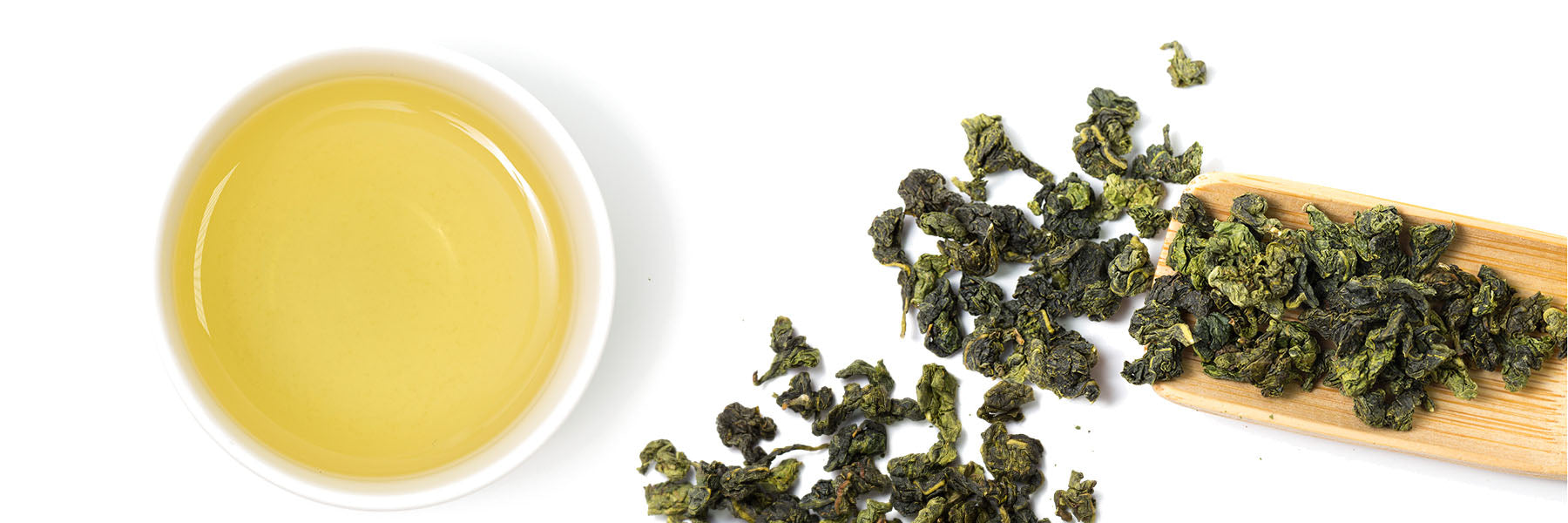Caffeine Content in Loose Leaf Tea

People are concerned about the amounts of caffeine content in the tea due to the reasons of pregnancy or excessive intake that causing palpitations or other discomforts.
Caffeine can be found in many natural plants such as coffee, tea or coca. Properly intake caffeine is good for body health. It can refresh mind, stimulate metabolism and impel brain to secrete dopamine. Caffeine is often being used for energy drinks or for an ingredient of weight loss products.

Since caffeine intake seriously affects the health of body, many tea lovers have questioned how much caffeine is actually contained in the tea. It is not as simple as those contents on the product nutritional facts label. If you search online for caffeine content in the tea, you would find something like this.
Generally, there is about 1.4% to 4.5% of caffeine contained in the weight of dry tea leaves, but it varies on the types of teas. Then you must be curious about which tea has more caffeine content. According to study, caffeine content in the tea are various in different types of teas, but have no unified trend to line up the amounts of caffeine containing by each type of tea. A half-fermented tea is about 1/2 caffeine content of full-fermented tea, and a non-fermented tea is about 1/2 caffeine content of half-fermented tea. Here we have got a basic parameter of caffeine content found in these types of teas.

Pu erh Tea: the process of making Pu erh tea is complicated and various by every tea manufacturer. It’s not easy to tell which Pu erh has more caffeine content.
Flower tea is a type of caffeine free tea that contains 0% of caffeine, while 6% of caffeine is found in matcha tea. White tea caffeine is least than all other leaf teas which is only 1.5%. Although black tea caffeine is more than any other teas, it is 2% less than matcha tea. There is 3% of caffeine found in oolong tea, and green tea caffeine is slightly just 1% less.
There are just for reference, the actual caffeine content is affected by a few factors we need to point out now.
leaves being used to produce teaWe know matcha contains more caffeine than any of other teas. Matcha is ground from tea leaves to tea powder, which means that your body is absorbing whole thing including leaves rather than just tea liquor. And the way matcha cultivated increases caffeine content too.
Then which tea contains more caffeine beside matcha? As we listed above, we cannot always say green tea has less caffeine content than oolong tea. It is depending on how the tea is brewed, the quality of tea and how the tea is processed. Based on the information we provided, you should have an idea how to roughly adjust the amounts of caffeine content in the tea.
How much caffeine can you intake for a day?
According to advice from American Gynecology and Obstetrics Association, caffeine intake for a pregnant woman cannot exceed 200mg. To most of people, 300mg of caffeine intake each day is allowed, but taking more than 500mg a day may cause harm to health. It is depended on personal health condition. We suggest consult your doctor if you are serious about caffeine intake.











